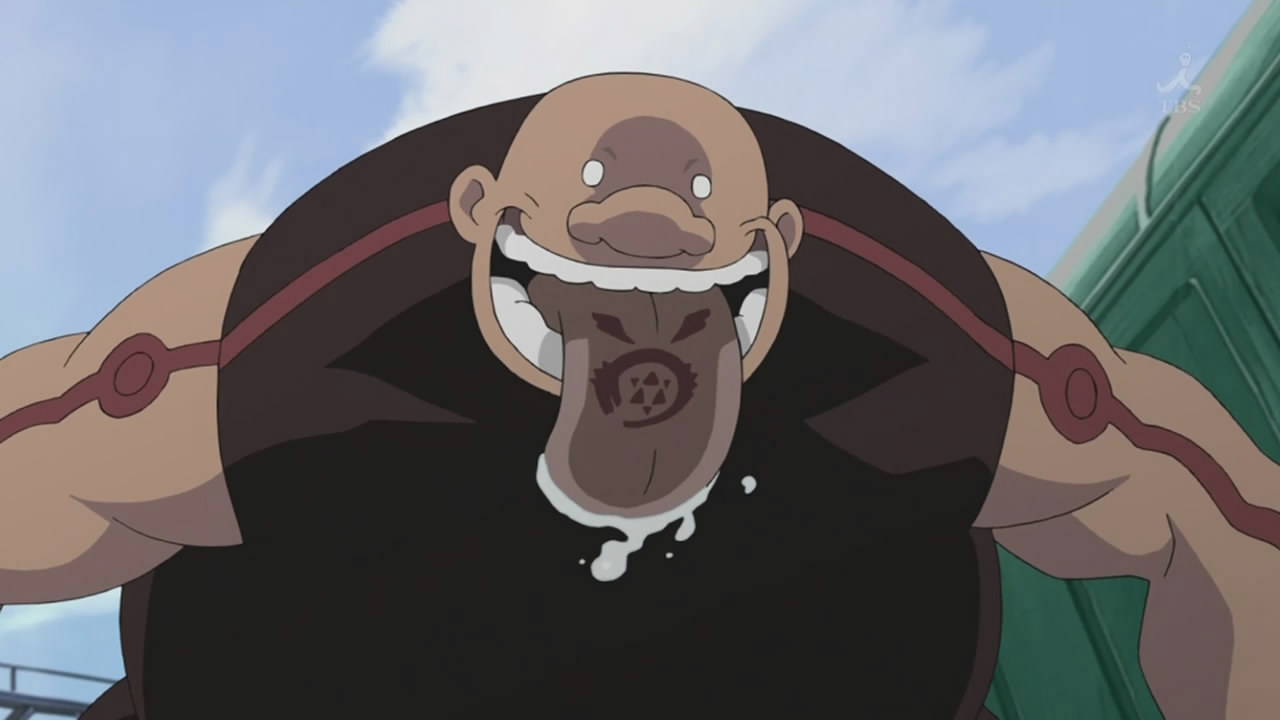There's an ebb and a flow.
months and months will pass and you'll only bring in chronic neck pain, chest colds, the occasional migraine and the same five drunks again and again. A minor MVA will seem exciting. These are the months i want to quit and never see an ambulance again in my life. Then, just when you're starting to drop your guard and accept that you're really just a glorified taxi for the inept and accident proned and chronically vaguely unwell, some real ass shit goes down.
And while you're still marveling that anything worthwhile happened at all, it happens again. And then you're pivoting and splicing your way through a whole barrage of megacodes, epic disasters, medical mysteries and whatever other series of other people's misfortunes the world has to offer. Fun!
These past two weeks were in that vain. First a perfectly healthy looking fifty-year old just up and died for no apparent reason in the West 4th Street train station in the middle of the mid-afternoon rush home. So death became a spectator sport because let's be honest, who wouldn't stop and stare at such a sight: A team of firemen, EMTs and medics pumping up and down on the guy's chest, yelling commands, disagreements, possibilities, drug administration numbers, semi-coded curseouts, intubating, sticking in IVs, glancing at monitors...All that. The gapers irritate me, but the truth is i'd watch too.
He came back. And well he should've, young fellow like that, plus he dropped in public, which means everything happened fast and speed is everything in those situations. Still, you never presume someone will come through. Well, I don't. But yes, there was that bounding pulse at his neck and then we heaved him up four flights to ground level and loaded him onto the bus and lo behold, the pulse was gone. Crap. Did some shit, got things ready to move and enroute he came back, good strong pound pound and a solid blood pressure to boot and last time I checked he was still at it.
Then some dude who'd been coughing for like six weeks called from around the corner from the hospital because he was "coughing a lot."
Ok.
Then was the 40 year old that nearly passed out in a swank uptown bistro. She'd had a sudden bout of unfathomably intense abdominal pain ( did she say "unfathomably?" maybe not. But her face did. ) and when she went to the ladies room everything got bleary. She slid down the wall and we found her sobbing, holding her tummy and with no blood pressure at all. No blood pressure, unless there's a good healthy reason for it like you're an athlete or extraordinarily chill or a yoga master, is a very very bad thing. It usually means you're about to die. Your heart should be zooming at that point, to compensate, pumping as much blood as it can and if it's not you're really really about to die. So, her heart wasn't going that fast, another bad thing.
Why do people have no blood pressure? Either their blood vessels have suddenly opened up wide to fight off a perceived threat, like with an infection or a allergic reaction, or the heart isn't pumping right, usually this would be a massive heart attack or someone with a cardiac problem already in the works, or you're losing blood or massively dehydrated. Since she's not febrile or breaking out in hives it's not the vessels, and she's not having chest pain or a cardiac patient so it's almost definitely not cardiogenic shock, so we're left with the fluid. She's not visibly bleeding out, she hasn't been shot, so the bleed is internal. Usually, these are in the GI tract and they eventually find their way out in the form of blackish tarlike poop. No fun. Sometimes it comes out all fresh and bri...you get the point.
Anyway, ok, that's a good possibility here, but there's another piece of the puzzle to consider. The patient's last menstrual period was two months ago -- she could be pregnant. Anytime you have a hypotensive, almost passing-out woman with sudden onset lower abdominal pain and any possibility at all of being pregnant you pretty much have to assume she's having an ectopic pregnancy. This is when the egg fertilizes in the fallopian tube and then ruptures, causing massive internal bleeding. Which is exactly what happened with our lady.
There's not much we can do for that prehospital. We put a huge IV in to replace as much fluid as we can as fast as we can. We throw an oxygen mask on her, we lean her back and move fast, plowing rudely through the shocked diners and whispering waiters. We haul ass to the bus and then haul ass to the hospital and let 'em know what we comin' with so they have fluids and surgeons standing by.
Then some lady called for her grandad, he was having "chest pain", even though he hasn't spoken or moved any of his extremities since 1998, still, he was having chest pain. And difficulty breathing. And he had to go to the hospital. Right.
Then a slew of drunks. All familiar.
Then an old guy laid out in his own piss, squirming, moaning, writhing. Home Health Aid epically unhelpful, but still, he's a diabetic so we just go head and check his sugar figuring that'll be that. And it's low! So low the monitor just says "LO" which is great for him, because sugar is a thing we can fix up, so we do. Except then he's still not with it. And his blood pressure's insanely high, 240/130 or somesuch disasterness. This is all very bad. It means he's having a stroke and there's absolutely nothing we can do except move fast, and even in the ER they'll be pretty helpless because with stroke treatment, timing is everything and since we can't get a straight story from the HHA, who's probably high and definitely...not bright, we don't know the onset time. So, grandpa is basically on his own as far as healing. We package him up, drop a most difficult and delicate IV in one of the meandering little slipstream veins hiding along his forearm and go go go, knowing all the while the deal is basically done.









